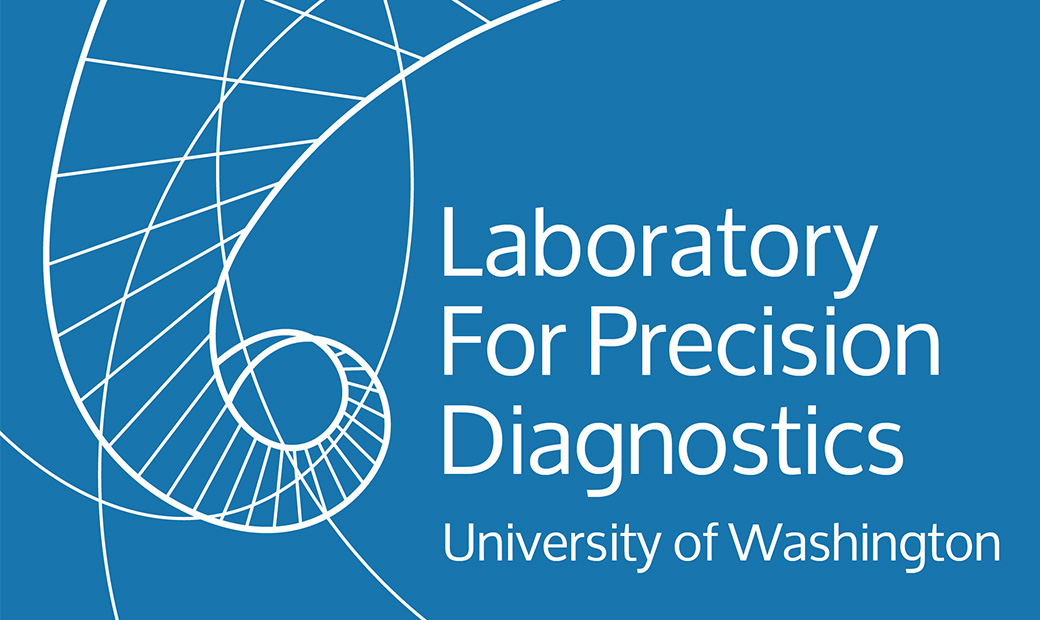Genes
ALPL, ANO5, B3GAT3, B4GALT7, BMP1, CASR, CCDC134, COL1A1, COL1A2, COL2A1, CREB3L1, CRTAP, FGFR3, FKBP10, GORAB, IFITM5, KDELR2, LRP5, MBTPS2, MESD, NBAS, P3H1/LEPRE1, P4HB, PHLDB1, PLOD2, PLOD3, PLS3, PPIB, RUNX2, SEC24D, SERPINF1, SERPINH1, SLC26A2, SOX9, SP7/OSX, SPARC, TAPT1, TENT5A, TMEM38B, TNFRSF11B, TRIP11, WNT1, XYLT2
Test Guide
The Collagen Diagnostic Laboratory offers a comprehensive Osteogenesis Imperfecta (OI) and Genetic Bone Disorder panel of 42 genes. The OI and Genetic Bone Disorders panel includes 4 genes associated with autosomal dominant forms of OI, COL1A1, COL1A2, IFITM5 and PLS3, and 13 genes associated with autosomal recessive forms of OI and hypophosphatasia, FKBP10, CRTAP, P3H1/LEPRE1, PPIB, SERPINH1, SP7/OSX, SERPINF1, PLOD2, ALPL, BMP1, TMEM38B, WNT1 and CREB3L1. It also includes testing for hypophosphatasia, x-linked osteoporosis, bone mineralization disorders, and other skeletal dysplasias (see complete list on test requisition form).
This panel may be done in a tiered manner, with the dominant genes tested first and the remaining genes only tested if the dominant genes were normal (please indicate this on the test requisition form). Over 95% of OI phenotypes result from a single dominant mutation in either COL1A1 or COL1A2, the two genes that encode the chains of type I procollagen, so this test is always recommended as a first step in testing individuals with a clinical diagnosis of OI.
When considering recessive forms of OI or other bone disorders, consultation with the laboratory genetic counselors or laboratory director is recommended as clinical and family history and x-ray review may be needed. Occasionally new candidate genes for recessive form of OI will be included as part of the panel; there is no additional charge for testing of these genes.
For guidelines on the correct test to order and for pertinent references, consult the Osteogenesis Imperfecta Test Guide.
Methodology
Next Generation Sequencing: Next generation DNA sequencing is performed to identify nucleotide variants in the coding portion of the genome. All nucleotides in the coding exons and their flanking splice junctions are sequenced to a read coverage of greater than 20X. The sequence data are assembled and compared to the published genomic reference sequence. Sanger sequencing is performed if necessary to ensure complete nucleotide coverage of the target sequence and to confirm all reported variants. Human Genome Variation Society (HGVS) recommendations are followed for variant nomenclature and ACMGG/AMP variant interpretation guidelines are followed to assess variant pathogenicity, unless otherwise indicated. The following online databases and in silico analysis tools are routinely used for variant investigation: ClinVar, NHLBI Exome Sequencing Project, 1000 Genomes, dbSNP, Exome Aggregation Consortium (ExAC), available loci specific variant databases, PolyPhen-2, SIFT, Provean, Mutation Taster and Human Splicing Finder.
Specimen Requirements
BLOOD IS PREFERRED.
BLOOD: 2 EDTA (purple top) tubes
Adults: 5-10cc
Children: 3-5cc
Infants: 2-3cc
Whole blood may be stored up to 5-7 days in the refrigerator before shipping.
DNA:
5 µg DNA at a minimum concentration of ≥200 ng/µl
SALIVA:
Oragene Saliva samples are accepted
PRENATAL:
Amniocytes or Cultured CVS Cells: Two confluent T-25 flasks of cultured amniocytes or CVS cells, well-labeled as Prenatal Sample. Please call ahead to notify the CDL that a prenatal sample will be coming.
Special Instructions
Blood samples (or DNA) should be well labeled with patient’s full name and an identifying number.
Ship sample at room temperature with overnight delivery.
Clinical information outlining the indication for the requested tests and pertinent medical history and family history is a necessary component of testing. Please include a clinic note when available.
Related Tests
Reflex to Deletion/Duplication Studies: The Collagen Diagnostic Laboratory offers testing for copy number changes using a custom high-density targeted oligonucleotide array for these genes for an additional charge. The targeted regions have probe coverage in both the coding sequences and 10 kb upstream of the gene(s) of interest.
CPT Code & Cost
81408 x 2, 81479$2,100.00
